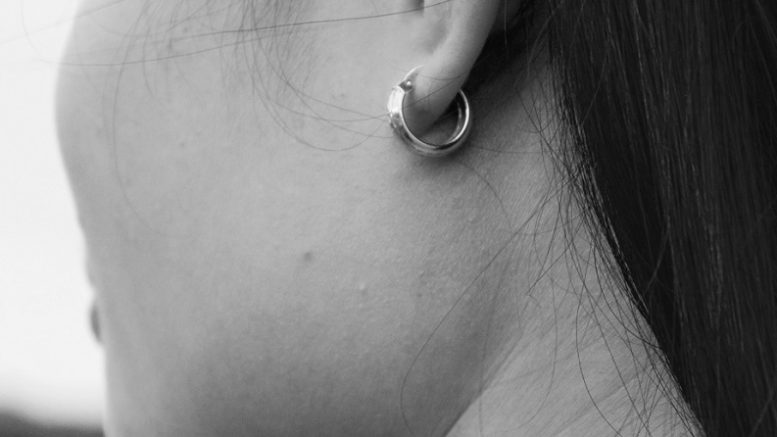In terms of recovery, otoplasty is not as intense as other procedures such as rhinoplasty, breast augmentation and abdominoplasty.
However, there are still a few things to be aware of during your recovery if you want it to go smoothly and come out on the other side with the results you’re hoping for.
If you’ve opted for incisionless otoplasty, your recovery won’t take as long but these tips can help everyone. It’s important to be patient during this time and to keep focusing on the outcome you desire.
What to Avoid During Otoplasty Recovery
1. Keep your hands away from your ears
It’s important that you don’t touch or rub your ears too much after your procedure, even though you’ll want to. If you end up damaging the incisions, you could delay your recovery and alter your results. If you’ve undergone traditional otoplasty, your ears might be slightly numb after the procedure, so you may not even be aware that you’ve damaged the incisions at first.
2. Not wearing your headband
Following your procedure, a dressing will be placed around your head, after which you will need to wear a lighter headband until your ears have fully recovered. It’s essential that you wear your headband as instructed by your surgeon if you want to achieve your desired results. Not only does the headband keep your ears in place but it protects them too, particularly during the night. These otoplasty details & gallery will provide you with more information on what to expect.
3. Lying flat on your back
To reduce swelling, it’s important to keep your head elevated during your otoplasty recovery, even when you’re sleeping. All you need to do is keep your head propped up with a few pillows or you could sleep in a recliner. It’s also important to avoid bending over during the day.
4. Panicking at the sight of discharge
If you’ve decided to undergo traditional otoplasty surgery, there is a chance that there will be some discharge during your recovery. It’s completely normal for a small amount of thick, dark fluid to leak from the incisions but a cotton swab and hydrogen peroxide can be used to clean it up. Contact your surgeon if the discharge is excessive.
5. Scratching the incision lines
There’s a very good chance your incision lines are going to feel itchy. This is a sign that your ears are healing, so it’s important that you don’t scratch these areas. If your incision lines are itchy plus there is redness and discharge, it’s best to get in touch with your surgeon.
6. Eating poorly
Following any type of cosmetic or surgical procedure, it helps to eat more foods that are rich in essential vitamins and nutrients. When your body has what it needs to heal, your recovery will be much smoother.
7. Spending too much time in the sun
Prolonged sun exposure is generally a no-no after most procedures, whether it’s surgical or not. If you’ve undergone surgery, your ears will also be numb, which means you won’t feel the skin burning while you’re outside. Staying out of the sun will also keep scarring to a minimum.
Over and above these tips, be sure to follow all of your surgeon’s aftercare instructions as these will be the most important.
